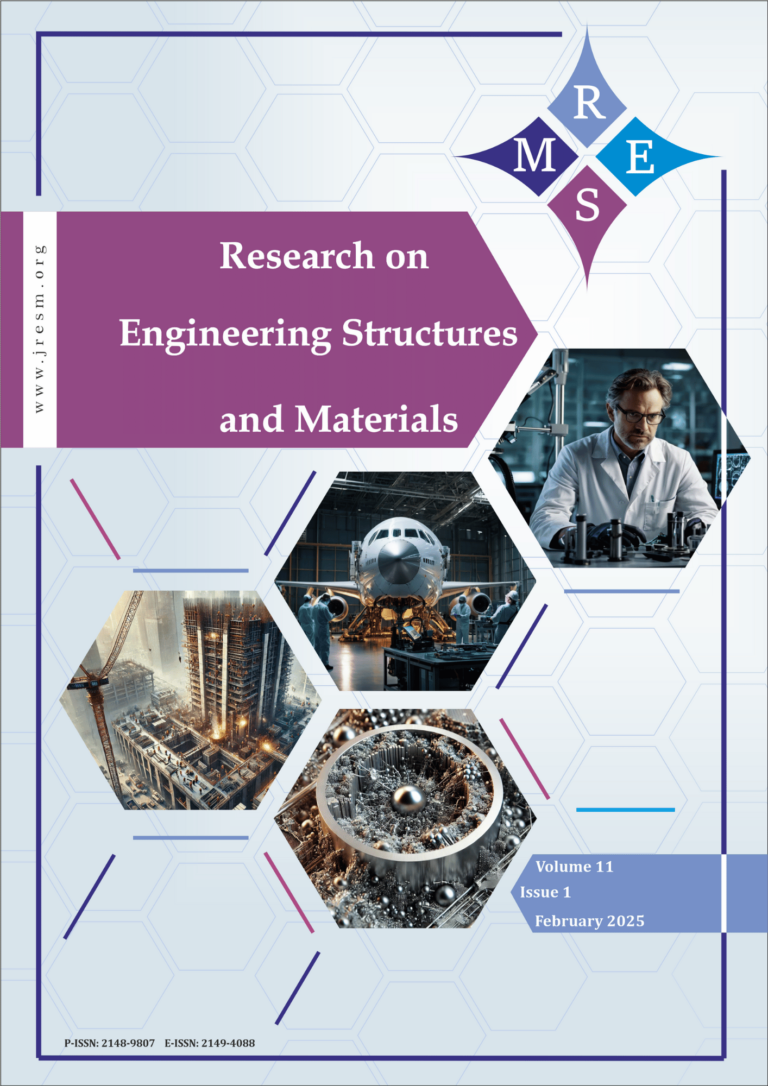In order to explore the possibilities of manufacturing and testing specimens from
extruded HDPE pipes to retrace material inherent properties, continuous
filaments are circumferentially machined by grooving. The proposed protocol
imposes to keep to a strict minimum damage effects since semi-crystalline
polyethylene is sensitive to deformation and heat. A Taguchi plan is adopted with
inputs (cutting speed; feed rate; depth of cut). The modeled performance
characteristics are roughness criteria (Rt; Ra) and temperature (T°). Using
ANOVA and response surface methodology, the optimized values are 137.0
m/min, 0.4 mm/rev and 4.0 mm respectively for Vc, f and ap. At the highest
desirability, the values of Rt (1.100 μm), Ra (0.223 μm) and T (36.44 °C) are
satisfactory compared to turning data. Tensile tests on specimens from outer,
middle and inner pipe show that (σ–ε) curves are reproducible with a
pronounced drawing zone, especially for the inner pipe layers. Practically, the
elasticity modulus is increased by 43% from outer to inner layers while the
utmost difference in the elastic limit is ~ 5%. Concerning failure strain, the
increase is 47% meaning that the material shows a great predisposition to
ductility. This behavior is related to the higher crystallinity in internal pipe
layers.
